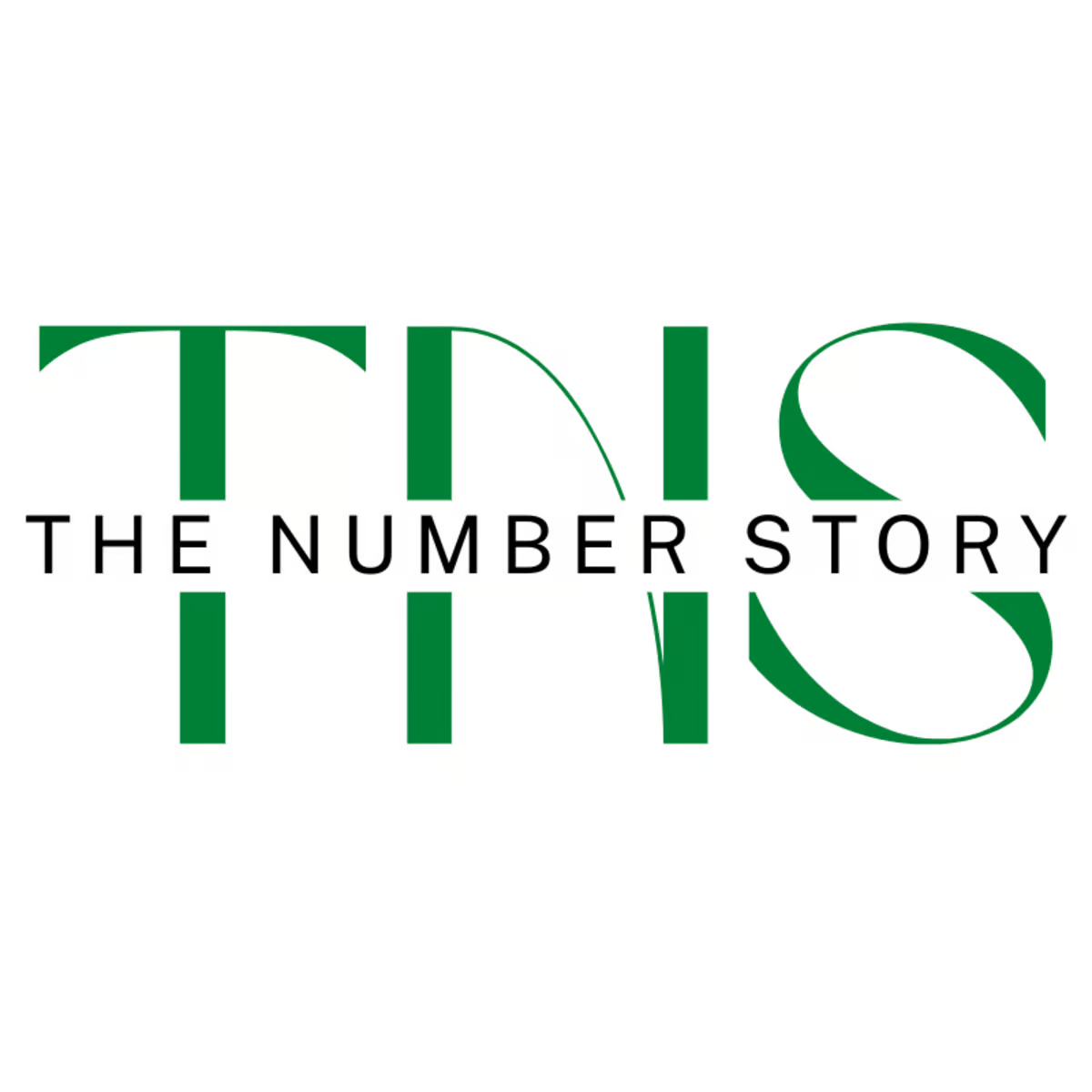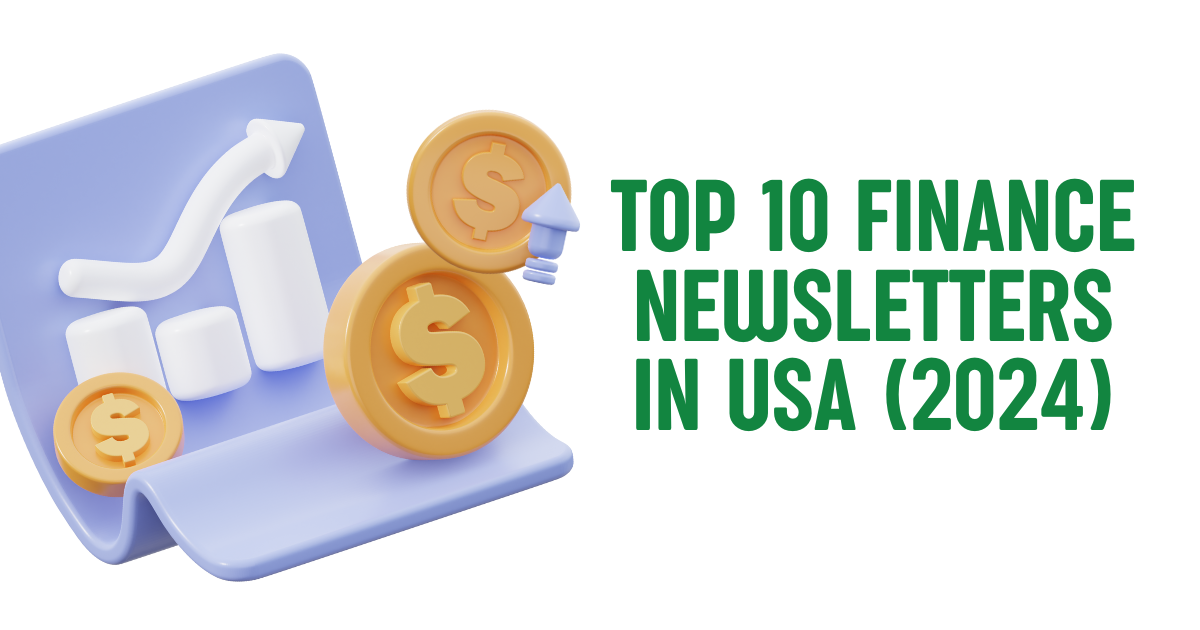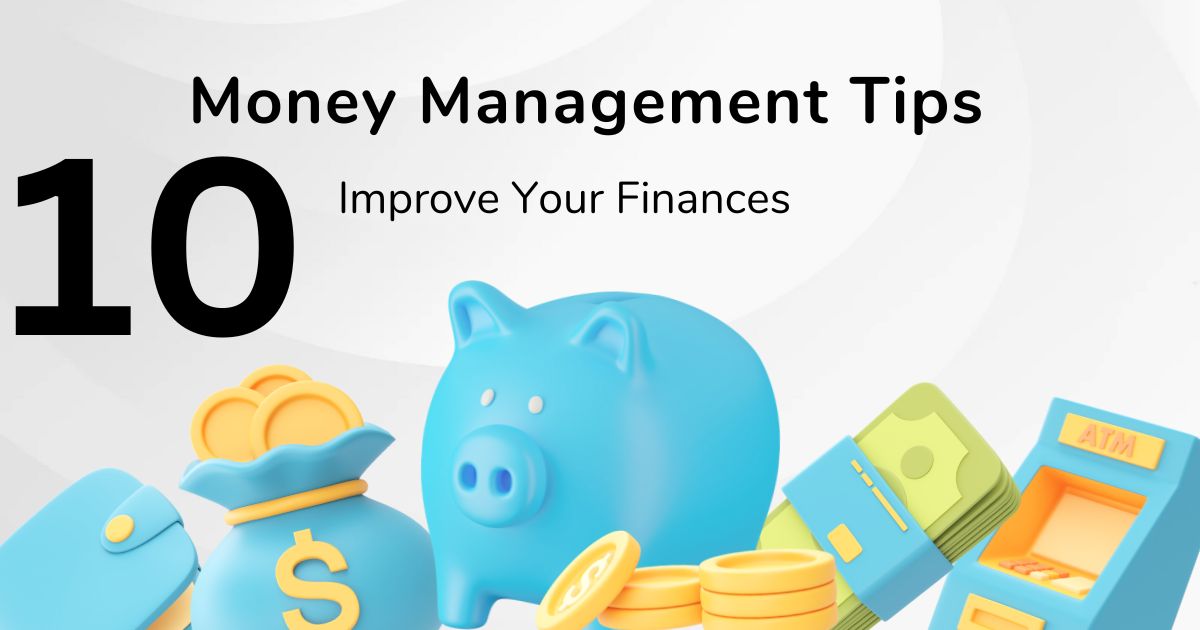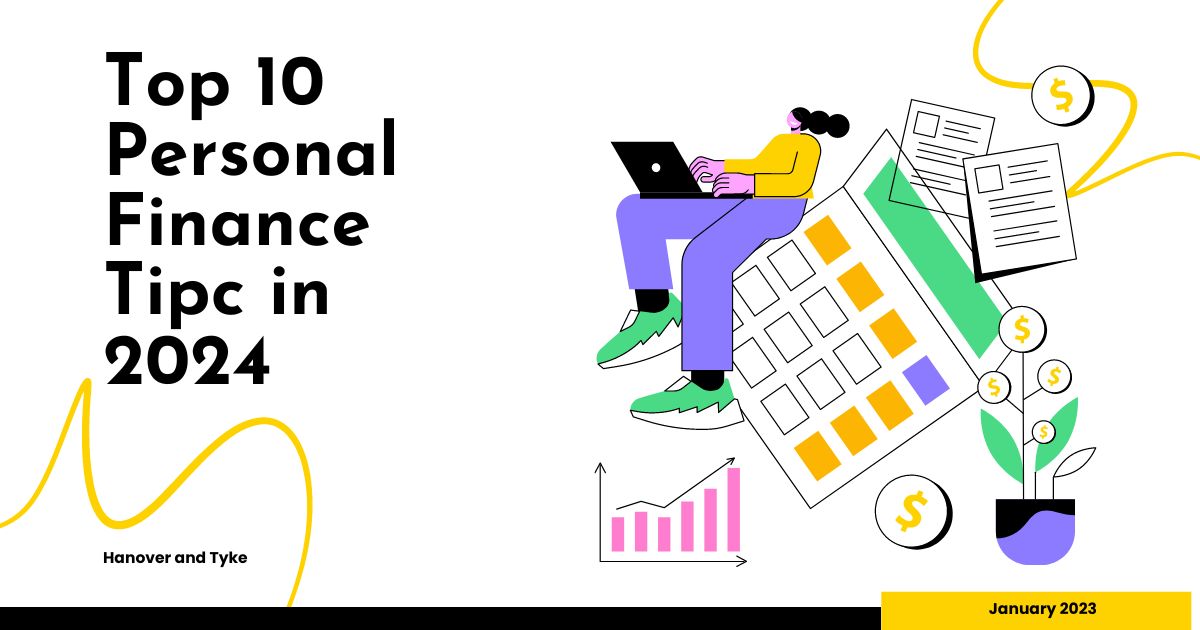
Despite the fact that money is a crucial component of life, most people don’t receive any instruction on personal finance, also known as financial literacy, at home or in school.
If you lack basic financial knowledge, you may find yourself managing your money haphazardly, living paycheck to paycheck, accruing excessive debt, or not having enough saved for retirement.
Learn about the fundamentals of personal finance, including how to make sensible purchases, save money, and create a budget, to help you steer clear of those predicaments.
Learn More : Top 10 Finance Newsletters in USA (2024)
Taking charge of your finances and reaching your financial objectives can be facilitated by following these ten fundamentals of personal finance.
Personal Finance Definition
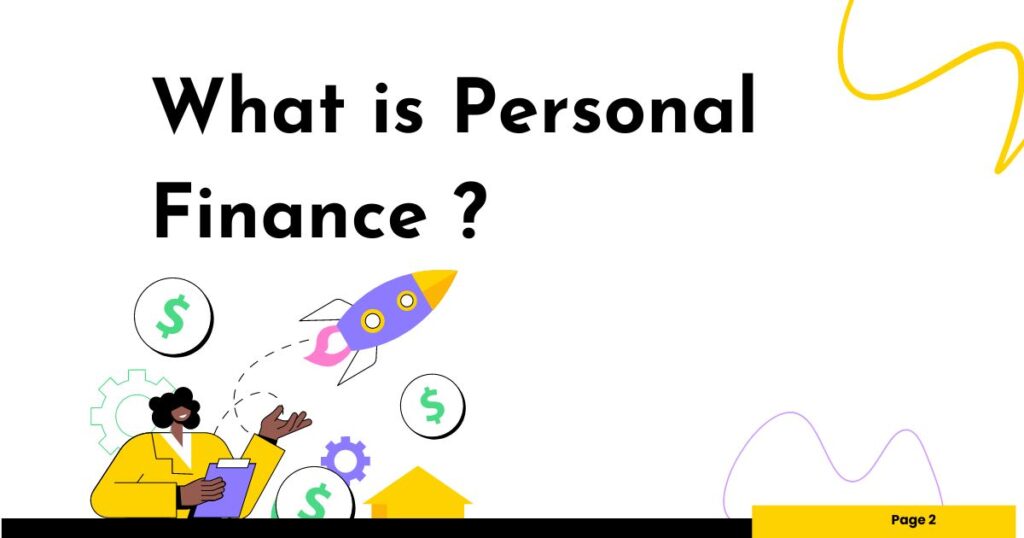
The phrase “personal finance” refers to handling your finances and making future plans. It includes retirement planning, insurance, mortgages, banking, investing, saving, and taxes.
Achieving personal financial objectives, such as having enough money for a vacation or a new car purchase, or longer-term goals like setting aside enough money for your child’s college education and retirement, is another aspect of personal finance.
Top 10 Tips for Personal Finance
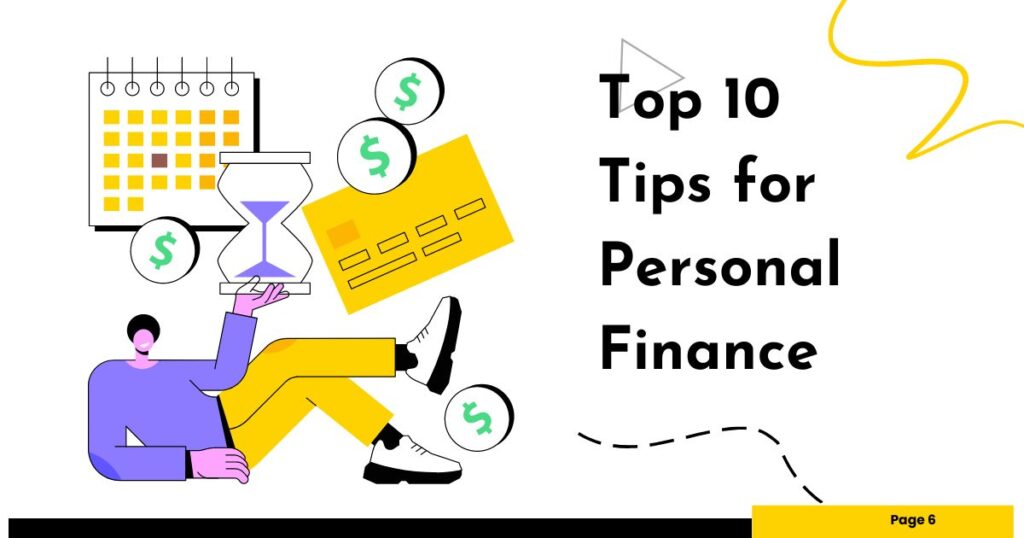
1. Budgeting Is Your Friend
To ensure that the amount leaving your account each month doesn’t exceed the amount coming in, creating a budget and learning how to balance your bank account can be essential. You can’t reach your savings objectives if you wing it and just hope everything works out at the end of the month. This can result in bank fees and credit card debt.
Examining your previous months’ statements and compiling a list of your average monthly income (before taxes) and expenses will help you quickly gain control over your finances.
Organizing spending into categories such as necessities (like rent, utilities, groceries) and indulgences (like shopping, vacation, Netflix) can be beneficial. To get a real handle on where your money is going every day, you may want to track your spending for a month or so, either with a diary or an app on your phone.
Knowing what usually comes in and goes out each month will help you determine if your monthly savings contributions are causing you to fall behind, stay the same, or, ideally, advance.
Going through your budget and looking for ways to reduce discretionary spending is a good place to start if you’re not living within your means or if you’d like to free up more cash for savings. Rather than going out, could you cook more? Purchase fewer clothes? Remove the cable? Give up the gym and exercise at home?
learn More : 10 Money Management Tips to Improve Your Finances
You might also think about ways to increase your income, like requesting a raise or launching a home-based side business.
2. Building an Emergency Fund
You never know when you’ll need to make an urgent trip to the dentist or when your car will break down. If you don’t have emergency savings, you run the risk of accruing high-interest credit card debt or missing payments.
You might want to start setting money aside each month to create an emergency fund in order to prevent this. Three to six months’ worth of basic living expenses should be saved in a different savings account, according to conventional wisdom.
Selecting an account where the funds can grow and earn interest while still being readily accessible when needed can be a smart move. A high-yield savings account, an online savings account, or a bank account with no fees are all wise choices.
3. Avoiding a Credit Card Balance
It can be tempting to charge more than you can afford when you have access to a credit card. However, those purchases become significantly more expensive than they were initially when a balance is carried over from month to month.
The reason is that credit card interest rates are among the highest available, frequently exceeding 20%. This implies that a minor fee spread out over a few months can easily grow into a much bigger amount. This also applies to other high-interest debt, like payday loans and certain private loans.
You shouldn’t freak out if you already have high-interest debt, though. It is possible to settle that debt.
For instance, the avalanche method calls for making minimum payments to each creditor and allocating any surplus funds to the debt with the highest interest rate first. After that is settled, the borrower applies any remaining funds to the loan with the next highest interest rate, and so forth.
4. Paying Your Bills on Time
Your creditors may charge late fees if you fail to pay bills on time or make payments after the due date. Your account may become delinquent or go to collections if you don’t make payments on time.
Your credit score, which is a factor used by lenders to determine whether to grant you credit or a loan, may also be impacted by late payments.
Your credit score is largely based on your payment history, which means that past due and unpaid bills can have a negative impact on your score. You may find it difficult to obtain loans and that the loans you do get will probably have higher interest rates if you have a low credit score.
Making a list of your bills and their due dates, setting up auto payments when you can, and setting up reminders can all help ensure that you never forget a deadline.
5. Starting Early to Save for Retirement
Retirement can seem far off when you’re young. However, if you start saving early, you’ll have more years to accumulate savings, allowing you to spread them out over your lifetime rather than trying to catch up.
But perhaps the most compelling argument for getting started as soon as possible is compound interest’s power.
Small sums can add up over time because you get interest on both your contributions and accumulated interest. You might want to think about making contributions to an employer-sponsored plan, like a 401(k), especially if your employer matches your contributions.
You might also be able to open a SEP, Roth, or traditional IRA, depending on your circumstances.
6. Investing
You might not have enough money saved for retirement to support yourself comfortably once you leave the workforce. Furthermore, you might want to be able to afford certain things later in life but before you hit retirement age.
For instance, if you have kids, you might want to start a 529 plan to assist with your college savings.
You might want to invest more money for other long-term savings objectives, but bear in mind that all investments carry some risk and that market volatility refers to long-term swings in price.
You can open a standard brokerage account after deciding which financial company you want to work with to begin investing. From there, you have the option to invest in an exchange-traded fund (ETF) or mutual fund, which combine various investment products, or, if you’re willing to put in some research, you can select your own stocks and bonds.
7. Getting Insured
Sometimes it’s better to be prepared for the worst when it comes to insurance. This entails obtaining health insurance and auto insurance, which are mandated by law. To further safeguard your house and possessions, you might want to think about getting homeowners’ or renters’ insurance.
Getting both term life and long-term disability insurance can be wise decisions if you have dependents, such as children. Through their employers, many people can obtain health and disability insurance. If that isn’t an option for you, you can still go through an insurance broker, agent, or the insurance company directly.
Read More : How to Retire 10 Years Early
8. Taking Advantage of Credit Card Rewards
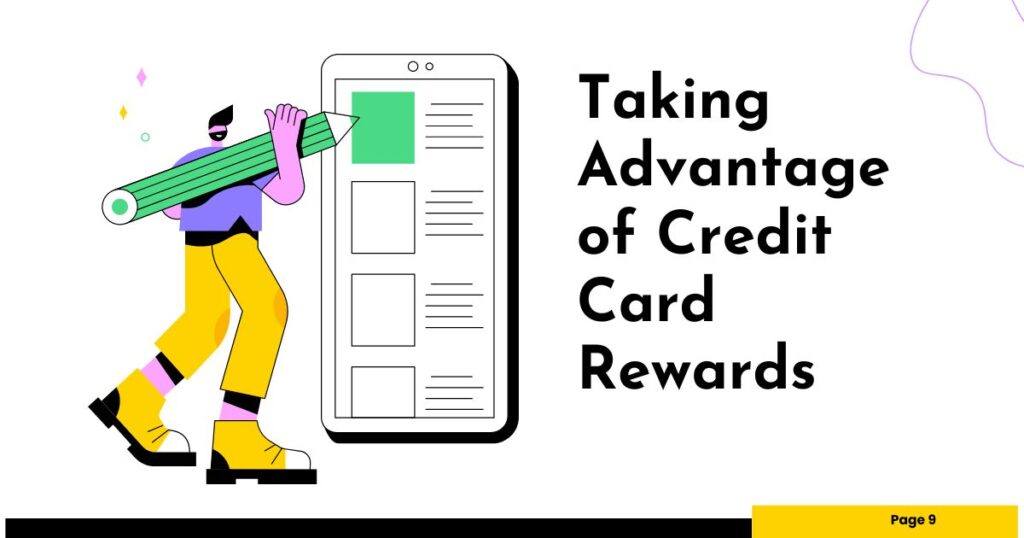
Consider applying for a credit card with rewards if your credit score is respectable. These cards may allow you to earn cash back or miles for your purchases. If you value travel above all else, you might want to search for a credit card with flexible travel rewards that allows you to use your points at a variety of hotels and airlines.
In addition to rewards, you might want to search for a credit card that provides a generous sign-up bonus after you spend a specific amount during the first several months of the account. It would also be great if there was no annual charge.
Whichever card you choose, it’s a good idea to become acquainted with its rewards program, including the minimum redemption amounts, how to redeem your rewards, when your points expire, and the value of its units (points, miles, or cash back).
Additionally, you might want to remember that credit card interest rates are usually much higher than credit card rewards rates. Therefore, it can be a good idea to make sure that you pay off your entire statement balance by the due date each month to prevent having your earnings eaten up by finance charges.
9. Checking Your Credit Reports Regularly
AnnualCreditReport.com allows you to request a free credit report annually from Equifax, Experian, and TransUnion, the three major credit reporting agencies.
Ordering a copy of your report on a regular basis and looking through it for any mistakes or indications of fraudulent activity can be a smart move. It’s advisable to get in touch with the account provider or the credit reporting agency right away if you notice anything off, and to file a formal dispute if necessary.
By reviewing your report, you can detect identity theft and take prompt action against it. Additionally, it can assist you in ensuring that the report is free of errors that might have a negative impact on your credit score. In the event that you wish to apply for a mortgage, rent, or other kind of financing, a strong credit report will probably be required.
10. Choosing Your Bank Wisely
Since there are many different financial institutions available, it can be wise to compare them all to make sure you find one that truly meets your needs. Options consist of:
A Traditional Bank. These usually provide a large range of financial services and products and have physical locations across the nation. This might be a good option for you if you want to know that you can talk to someone face-to-face about your finances.
Credit Union.The union’s members are the owners of these nonprofit institutions. They resemble traditional banks in that you have to be a member to access them, but they’re usually smaller in scope and have fewer physical locations. They might, however, offer greater interest rates and fewer fees than a conventional bank.
Online Bank These institutions typically don’t have physical locations; everything takes place online. They frequently have extremely low fees and interest rates as a result. An online bank could be a great choice if you would rather manage your finances at home (or while on the go) and don’t necessarily need in-person money talks.
3 Personal Finance Rules to Know
After you’ve set up some basic practices, you can begin to consider some broad guidelines that will improve your financial decision-making. There are three guidelines that you should bear in mind:
Keep your goals in mind. It can be challenging to put in the hard work of budgeting and saving money without a clear set of objectives. Establishing a few clear objectives can help you stay motivated. Examples of such objectives include being able to retire at age 50 or purchasing a house in five years.
Learn to distinguish wants from needs. Combining these two ideas can have disastrous effects on your personal budget. Basic necessities include access to food, clothing, housing, medical care, safe transportation, and minimal debt repayment. Most likely, everything else is a desire. This is not to say that you can’t have wants, but it can be crucial to avoid sacrificing your financial stability to achieve these goals.
Lawys pay yourself first :This entails setting aside a certain amount of money from each paycheck to use toward your long-term objectives. The temptation to spend now and save later is lessened when funds are automatically deducted from your paycheck and placed in a savings account, IRA, or 401(k) plan.
Conclusion
Many of the fundamental financial skills needed to manage money well were never really covered in school. Fortunately, learning about personal financial management is something you can do at any time.
Reaching your objectives and accumulating wealth over time depend on understanding the fundamentals of personal finance, such as selecting a bank, creating a budget, saving for retirement, keeping an eye on your credit, avoiding (and managing) high-interest debt, and investing your money.
Learn More : 10 Best Financial Tips for Young Adults
To start managing your finances more efficiently, open the appropriate bank account.
Would you like to register for a bank account online? You can receive a competitive annual percentage yield (APY), pay no account fees, and take advantage of several benefits when you open a SoFi Checking and Savings account with direct deposit. Some of these benefits include access to the Allpoint Network, which consists of more than 55,000 fee-free ATMs worldwide. Even two days ahead of schedule, qualifying accounts can access their paycheck.
